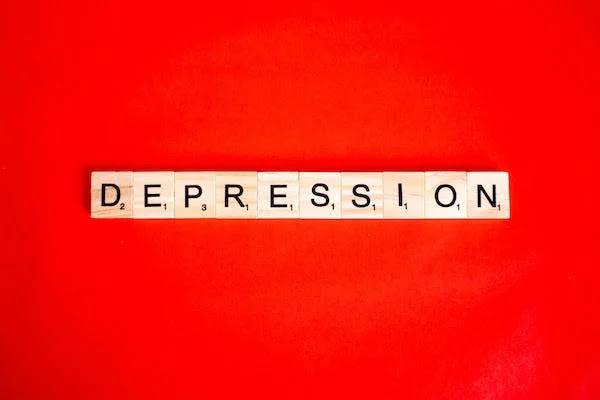Depression isn't just feeling down or having a bad day; it's more like having a constant dark cloud hanging over you. It's a mental health condition that affects your mood, thoughts, and overall well-being. People with depression often struggle with intense sadness, hopelessness, and a lack of interest or pleasure in things they used to enjoy.
What Does Depression Feel Like?
Depression can feel like a heavy weight on your shoulders, making even the simplest tasks seem challenging. It's like trying to swim with your clothes and shoes on – every movement is a struggle. You might feel tired all the time, even after a good night's sleep. Motivation and concentration? They can be hard to come by.
Depression isn't just about feeling low; it can also bring physical symptoms like headaches, stomachaches, or changes in appetite and weight. You might find yourself avoiding friends and family, withdrawing from things you used to love, or feeling guilty and worthless. It's like being stuck in a never-ending rainy day, even when the sun is shining.
What Causes Depression?
Depression doesn't have a single cause. It's often a mix of different things, like genes (if others in your family have experienced it), brain chemistry, trauma, or major life changes. Sometimes, there's no obvious reason, and that's okay too.
If you're dealing with depression, remember that you're not alone. Many people go through it, and there's help out there. You don't have to carry this heavy load on your own.
Getting Help
Reaching out for help is a courageous step. You can talk to a mental health professional, like a therapist or counselor, who is trained to guide you through the shadows of depression. They can help you understand what's going on and find ways to feel better.
Support from Loved Ones
Friends and family can also play a crucial role. They might not fully understand what you're going through, but they can listen, provide comfort, and offer a shoulder to lean on.
Taking Care of Yourself
Self-care is important. This means getting enough sleep, eating well, staying active, and finding healthy ways to cope with stress. Engaging in activities you enjoy, even when it's tough, can make a significant difference.
Medication
In some cases, doctors might prescribe medication to help manage depression. These medications can balance the chemicals in your brain and improve your mood. Always talk to a healthcare professional before starting or stopping any medication.
Be Patient with Yourself
Recovery from depression takes time. It's a journey with ups and downs, but there is hope at the end of the tunnel. Remember, you are stronger than you think, and there are brighter days ahead.
You're Worth It!
You're not defined by your depression. You are a unique, valuable individual with strengths and talents. You deserve to live a life filled with joy and purpose. Depression might be a part of your journey, but it doesn't have to be the whole story.
So, if you or someone you know is dealing with depression, reach out for help. The sun can break through the clouds, and brighter days are waiting for you. You're not alone on this path, and there are people ready to support and guide you toward healing.



No comments yet
Be the first to share your thoughts!